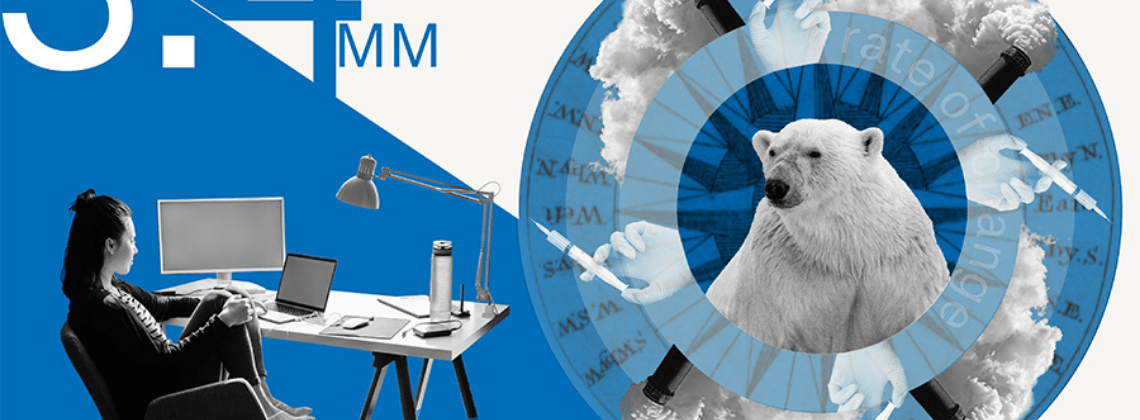Guides
Premium content!
Is your board prepared for the future of work?

These days, boards need to ensure that management walks the talk on culture and values. In other words, they must ensure their organisation’s talent pipeline can meet the needs of the strategy.
Read this guide to learn how boards can respond to shifting work patterns and new challenges.
This content is available to Premium members only.
Already a Premium member?
Login to access this exclusive resource and avail of all your member benefits.
Login to your accountNot a Premium member yet?
Discover Premium membership today and unlock access to all the member benefits.
Explore Premium membership